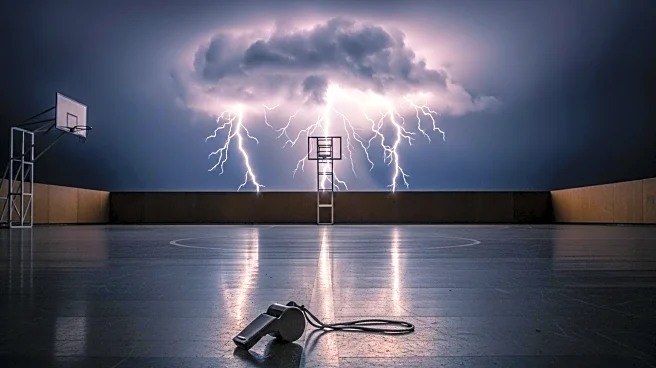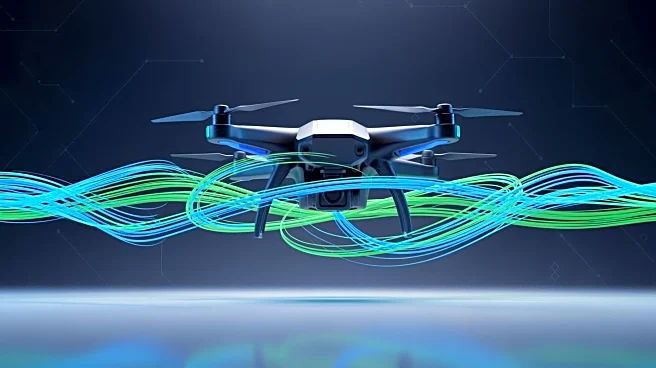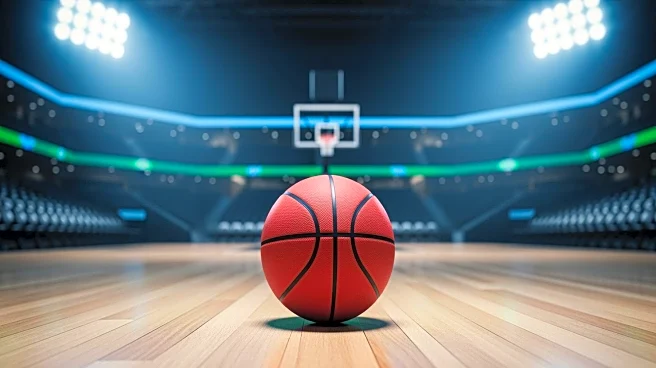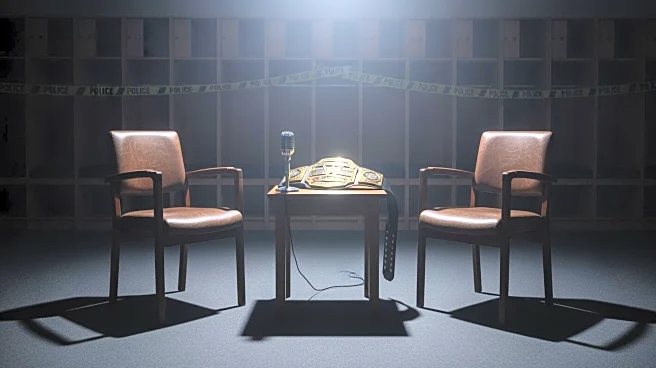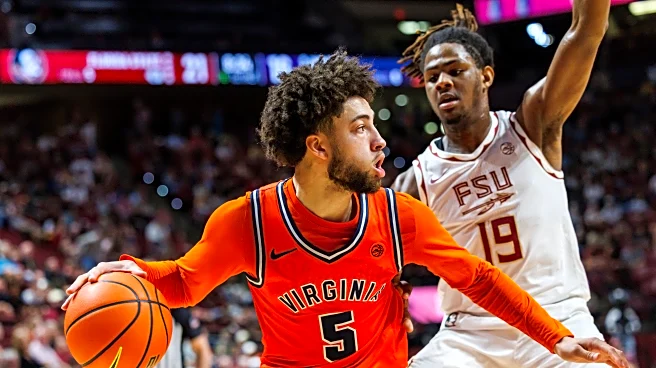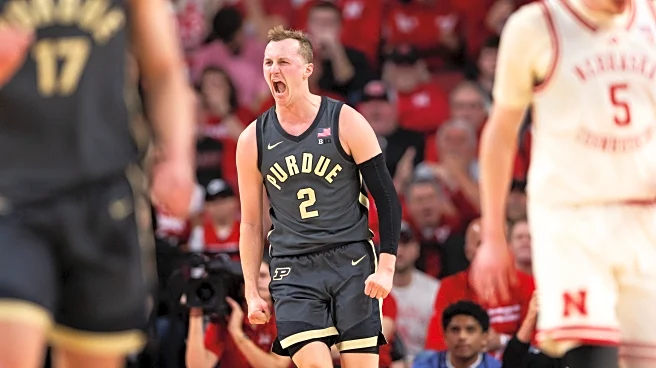What's Happening?
The Seattle Storm announced that head coach Noelle Quinn's contract will not be renewed for the 2026 season following the team's first-round playoff exit against the Las Vegas Aces. Quinn, who has been with the Storm since 2013 as a player and later as a coach, led the team to the playoffs in four of her five years as head coach. Despite her efforts, the Storm struggled to advance past the first round in recent seasons. General Manager Talisa Rhea expressed appreciation for Quinn's dedication to the team and her role in player development.
Why It's Important?
Noelle Quinn's dismissal is a pivotal moment for the Seattle Storm, affecting the team's future direction and strategy. Her leadership has been integral to the team's identity, and her departure may influence player morale and performance. As the Storm seeks a new head coach, the decision will impact the team's competitive standing in the WNBA. Quinn's exit also raises questions about diversity in coaching roles, as she was the only Black female head coach in the league, highlighting the need for continued efforts towards inclusivity in sports leadership.
What's Next?
The Seattle Storm will initiate the process of hiring a new head coach to guide the team through the upcoming season. This transition is critical for the organization as it aims to enhance its playoff performance and maintain its competitive edge. The search may involve evaluating internal candidates or considering external options with proven success in women's basketball. The new coach will be tasked with building on Quinn's legacy and addressing the challenges faced by the team, including improving playoff outcomes and fostering team unity.
Beyond the Headlines
Quinn's departure may lead to broader discussions about coaching dynamics and player relations within the WNBA. Her tenure included a notable conflict with former player Jewell Loyd, which resulted in Loyd's departure from the team. This situation highlights the importance of managing interpersonal relationships and creating a positive environment for athletes. The Storm's approach to these issues could serve as a model for other teams, emphasizing the need for effective communication and conflict resolution in sports organizations.
